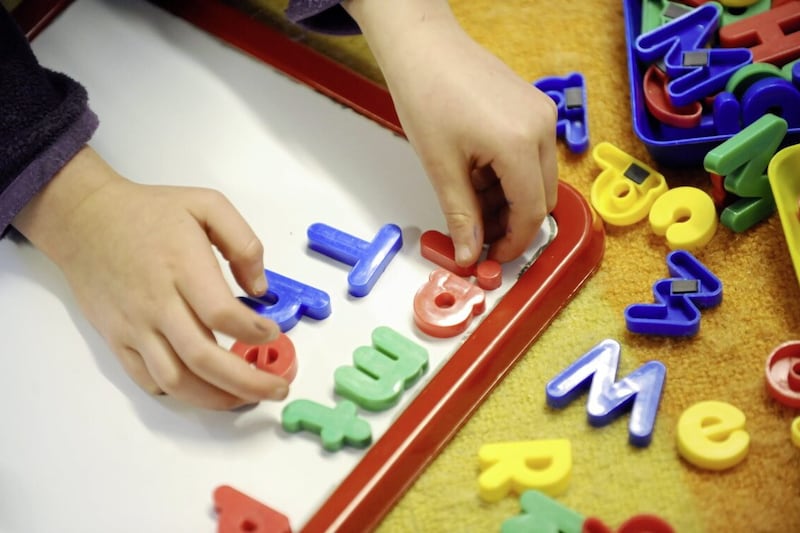IN the wake of COP 26, there are lots of us who aren’t entirely sure what our role is supposed to be in this fight.
That’s not surprising given that much of the rhetoric from governments across the world has been on identifying what countries need to do on a broadscale to achieve net zero, with little practical information on how to actually do it, and whose responsibility it is.
We know from the report issued by the Intergovernmental Panel on Climate Change, a body tasked with providing policy makers with regular scientific assessments on climate change, that while the situation is stark, it’s not too late to avoid the worst impacts of climate change if we act fast and decisively to cut our usage of fossil fuels and deploy clean energy.
In Northern Ireland, household emissions account for around 14 per cent of carbon output. Comparing this footprint to the carbon emitted by business (12 per cent) transport (23 per cent), agriculture (27 per cent), it is in no way insignificant. In fact, findings from a Climate Change Committee in Westminster recently argued that 62 per cent of measures needed to reach net zero required changes to public behaviour.
Unlike the rest of the UK, we have yet to legislate our net zero targets; however, it’s clear that the way in which we live will need to drastically change in the next decade if we are to even have a chance of achieving net zero by the middle of the century. Unfortunately, behavioural change will be the biggest impediment in meeting these targets.
Transport and heating are well known to be the largest emitters of carbon from households. Northern Ireland’s Energy Strategy, yet to be published by the Department for the Economy, will have a significant impact across the economy and households with major changes in how heating and transport are provided, and energy is consumed, and should go some way in reducing emissions in homes.
In the meantime, however, there are lots of small yet significant changes we can make in our daily lives which will have an impact in terms of reducing Northern Ireland’s emissions. Simple things like setting the water boiler at a maximum temperature, using your thermostat wisely when heating your house, filling dishwashers and washing machines to capacity before use, are all simple everyday practices that can make immediate differences.
Buying electric cars and retrofitting homes will not be in reach of everyone and are a good example that people must be provided with genuine and affordable alternatives to a carbon intensive lifestyle, or they will not be able to embrace change.
Adopting climate measures will cost money and people will need to be educated on not just their long-term benefits and cost savings but also on how to go implementing changes. Community outreach programmes, improving climate literacy, generating a national dialogue on climate action will all help.
We know that climate change is a concern felt by many people. This was evident by the declaration of a climate emergency in Northern Ireland in February. People want to act but need to know how.
The UK’s greenhouse gas emissions fell by just over 8 per cent last year, despite the impact of the Covid-19 pandemic and there are reports this week that emissions are back up to pre-pandemic levels in many countries.
This is not the direction we can afford to be travelling in. With input from every household, no matter how small, we are at least giving ourselves a chance to meet our targets.
:: Zara Duffy is head of Northern Ireland, Chartered Accountants Ireland







